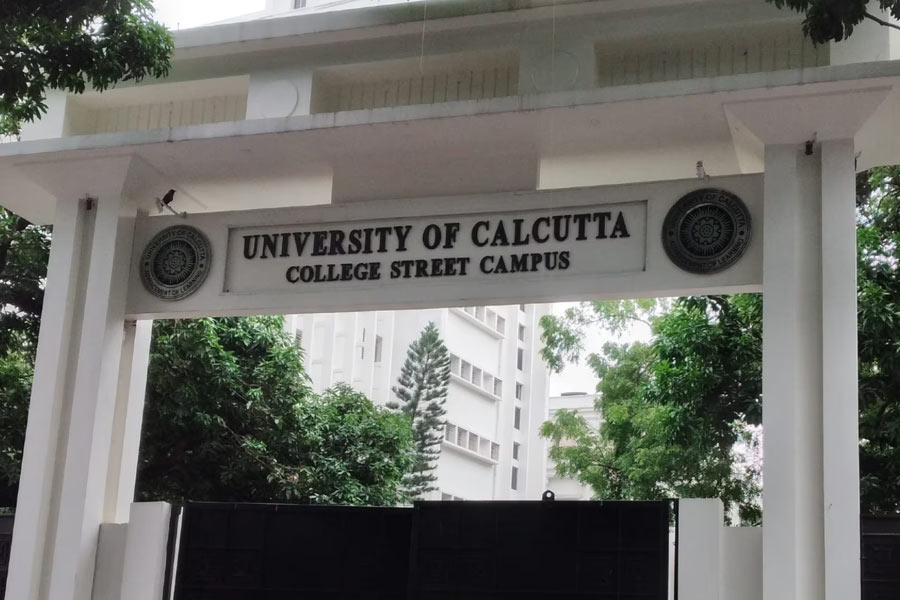Calcutta University will ask teachers in the science faculty to take classes in the four-year BTech programme because there are not enough teachers in the engineering faculty.
The university has yet to sanction fresh posts of engineering teachers though the number of BTech seats has been raised from 253 to 424.
CU registrar Debasis Das said the university would ask the teachers in the science faculty to take additional load and teach students in the first year of the BTech programme till the appointment of full-term teachers.
In the first year of the programme, the BTech students are taught fundamental courses allied to physics, chemistry and mathematics.
The university will also engage guest teachers to take classes, the registrar said.
The university has made arrangements for additional classrooms at the Nano Technology Centre, on the technology campus in Salt Lake, to accommodate more students.
“We will ask teachers in the science faculty to take classes in the four-year BTech programmes because there is a shortage of teachers. The university has yet to sanction posts for full-term teachers in the engineering faculty. Until permanent teachers are appointed, teachers in the science faculty will be requested to take the additional load,” Das told The Telegraph.
Will the teachers in the science faculty be paid extra for their service?
The registrar said: “We don’t have any such provisions for full-term teachers. The university would recruit guest teachers to take classes following the rise in student intake.”
This newspaper reported on May 30 that the CU’s faculty council of engineering and technology decided that the 400-odd BTech seats would be part of the four-year programme.
Till last year, of the 400-odd seats, 253 were part of the four-year programme and the rest were part of the three-year course, where BSc students would be admitted based on their performance at the undergraduate level.
A university official said work on a new building on the Salt Campus was nearly complete and additional classrooms and laboratory facilities would be developed soon.
The dean of engineering, Debotosh Guha, said: “We are creating the required infrastructure to help students.”
Registrar Das said the university had last year shifted the engineering workshop from the Ballygunge campus to the Salt Lake campus for the benefit of BTech students.
Engineering students at CU, whose classes are held on the Salt Lake campus, would earlier travel to Ballygunge Science College thrice a week to attend classes in engineering mechanics and drawing in the workshop.
Students in the second semester of the four-year BTech course have to attend workshop classes compulsorily.
A CU official said the 424 first-year students would attend classes at the 6,000sq-ft workshop on the technology campus.
The university will create additional seats under the supernumerary quota so the science graduates can study the BTech programme, officials said.
However, they will have to clear the JELET (Joint Entrance Lateral Entrance Test), conducted by the state JEE board, for admission to the second year (3rd semester) of the four-year bachelor’s degree programme.











